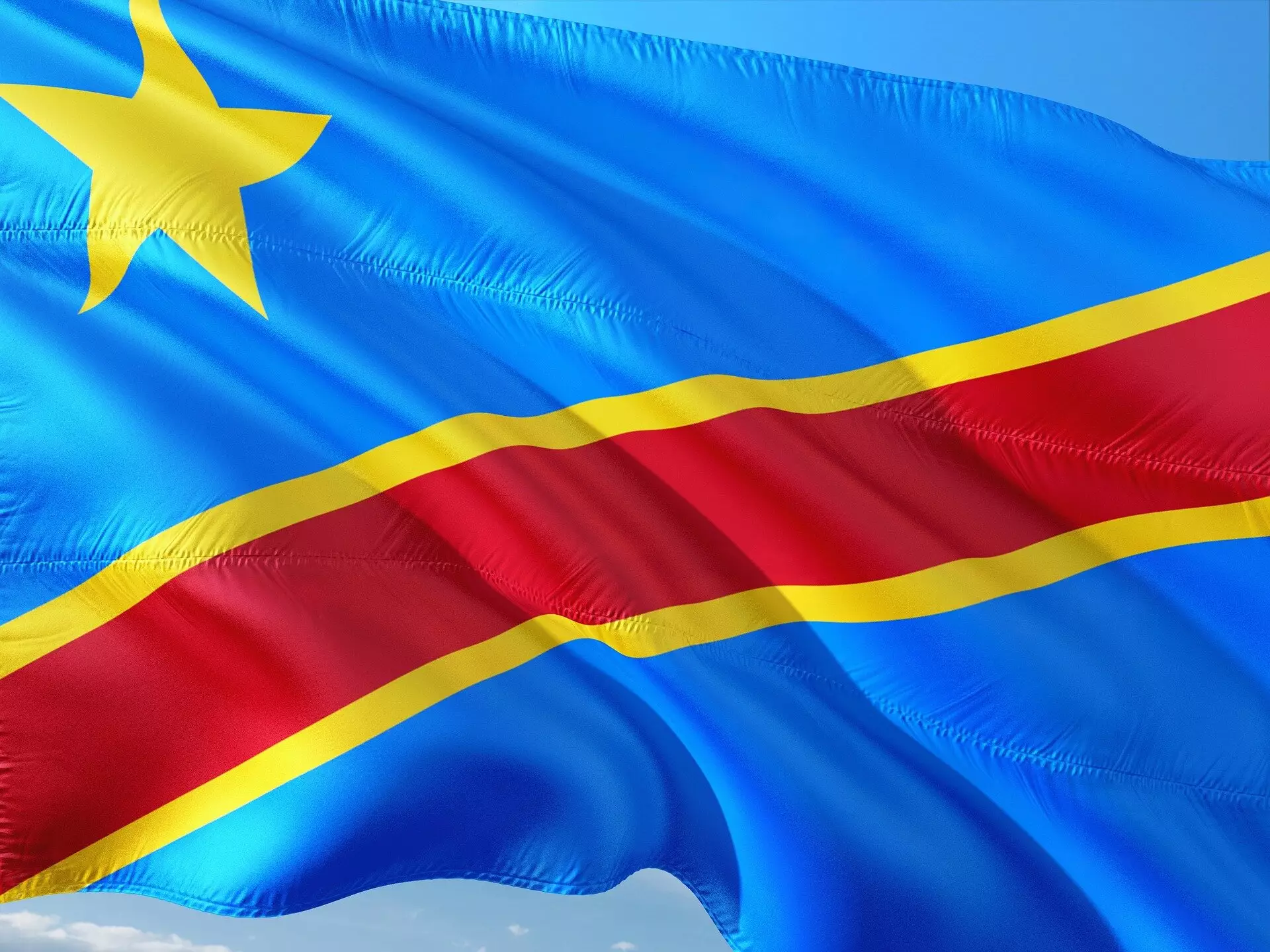The Democratic Republic of the Congo (DRC) is at the forefront of the global cobalt market, laying claim to approximately 70% of the world’s supply. Cobalt is an indispensable component in lithium-ion batteries, which power electric vehicles and various electronic devices. Yet, despite its abundance, the DRC is mired in a paradox: while it sits atop vast mineral wealth, the majority of its population continues to live in poverty. The continent’s mineral resources are often perceived as a lifeline for economic growth, but in the DRC’s case, they seem to serve as a gateway to exploitation by external powers, particularly China, the U.S., and European countries.
Cobalt was first mined in the DRC during the era of Belgian colonization, a time characterized by ruthless extraction and exploitation of resources. Fast forward to present times, the landscape of mineral extraction has fundamentally shifted, yet the dynamic of exploitation continues. The DRC’s cobalt is heaped onto shipping containers headed for China, which has established itself as a dominant force in battery production, accounting for a staggering 65% of the global cobalt processing market.
In recent years, our research highlights how the DRC’s government, composed of both national and regional authorities, wields substantial influence over the cobalt supply chain. Decisions made by policymakers in Kinshasa or mining hubs such as Kolwezi resonate throughout global markets. For example, when the DRC government momentarily suspended cobalt exports from a major Chinese-operated mine in 2022, global production was impacted by roughly 10%. Such instances underscore how the DRC holds significant leverage, yet the benefits of this influence do not trickle down to its people.
The high-level control exercised by authorities suggests a complex interdependence between the DRC and foreign mining companies. Despite the national wealth generated through cobalt production, local communities remain ensconced in poverty, pollution, and hazardous working conditions. It raises the question: why aren’t local populations reaping the benefits of this mineral wealth? For many, the answer lies in deeply entrenched corruption and mismanagement within local governance structures, which siphon profits away from the communities that bear the brunt of mining operations.
The plight of artisanal miners in the DRC presents a troubling narrative in this saga. With over 150,000 individuals working in hazardous conditions, the reality is stark: many face life-threatening risks from mine collapses, exposure to toxic gases, and rampant exploitation. Particularly alarming is the involvement of an estimated 40,000 children engaging in labor under abhorrent conditions. Labor cooperatives, often dominated by powerful political figures, further exacerbate the situation by extracting a staggering 50% of miners’ earnings.
The cobalt crisis is not merely about resource extraction; it encapsulates a broader ethical dilemma. With the world moving towards renewable energy solutions, often under the banner of sustainability, the local voices of those who extract these minerals are ruthlessly drowned out. The global supply chains prioritize efficiency over equity, casting a long shadow over the lives of those working in the mines.
As the global discourse around clean energy intensifies, nations such as the U.S. and China must rethink their relationships with resource-rich countries like the DRC. Instead of treating these nations as mere suppliers of raw materials, there is an urgent need to pivot toward partnerships that ensure equitable wealth distribution and more localized supply chains.
Research indicates that for the DRC to transition towards a more prosperous future, it must focus on elevating its role in the modern marketplace. This means advocating for better contracts, ensuring fair treatment for artisanal miners, and pushing for more local value addition in mineral processing. Countries across the globe must look beyond their immediate consumption needs and consider the long-term implications of their actions.
The transition to renewable energy is not solely a technical challenge; it is also a moral one. By recognizing and addressing these complex power dynamics, policymakers and stakeholders can help create a cleaner, more equitable energy future for the DRC and similar nations.
In summation, the narrative surrounding cobalt extraction in the DRC serves as a microcosm of broader global inequalities. Understanding the clout that the DRC holds within the cobalt market is crucial, but it is equally important to acknowledge the dire circumstances faced by its people. As electric vehicle sales soar and the push for sustainable technologies continues, it is imperative that the voices and interests of those in mineral-producing regions do not go unheard. Only through collaborative efforts can we pave the path toward an equitable future that benefits both the global community and the people of the DRC.


Leave a Reply